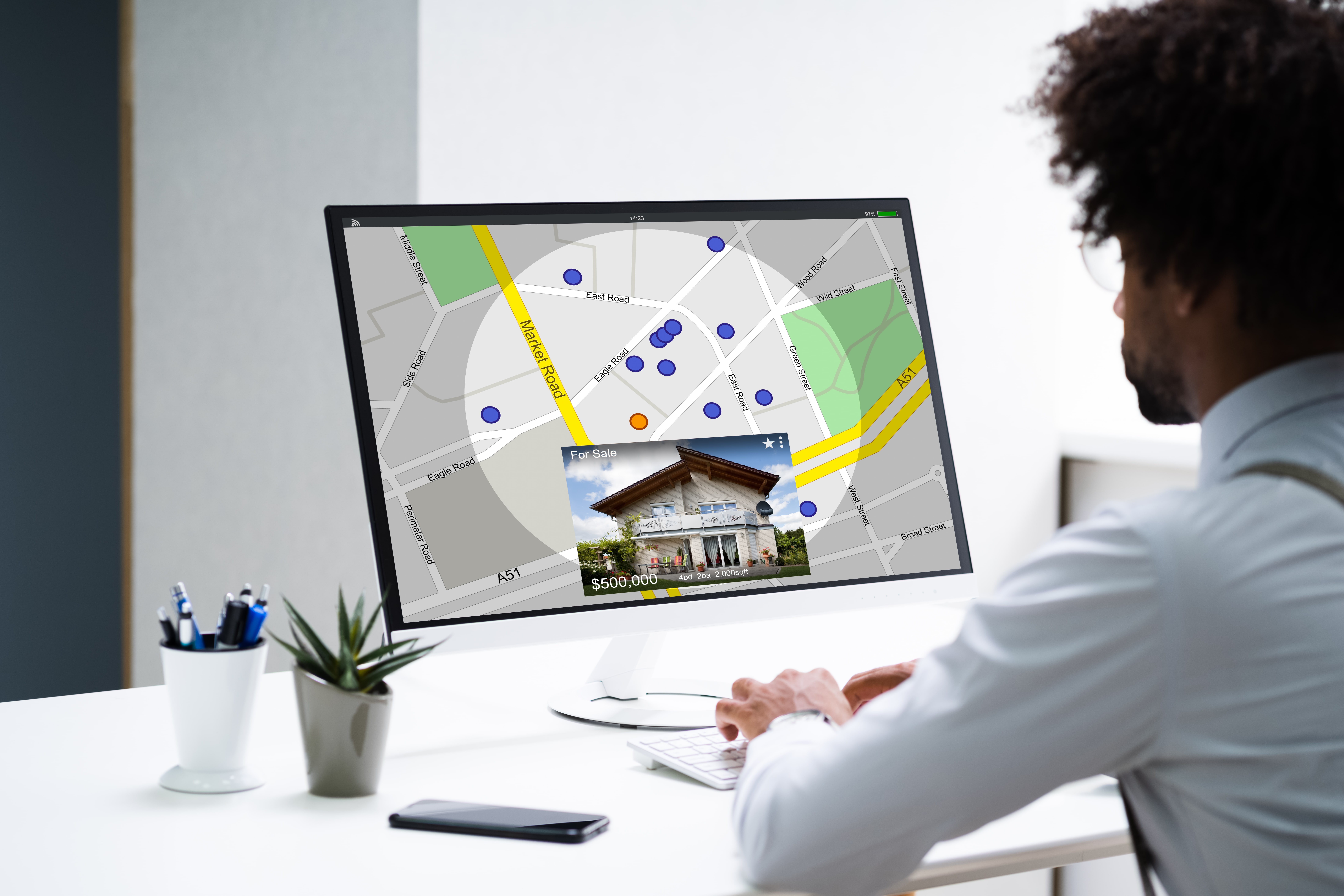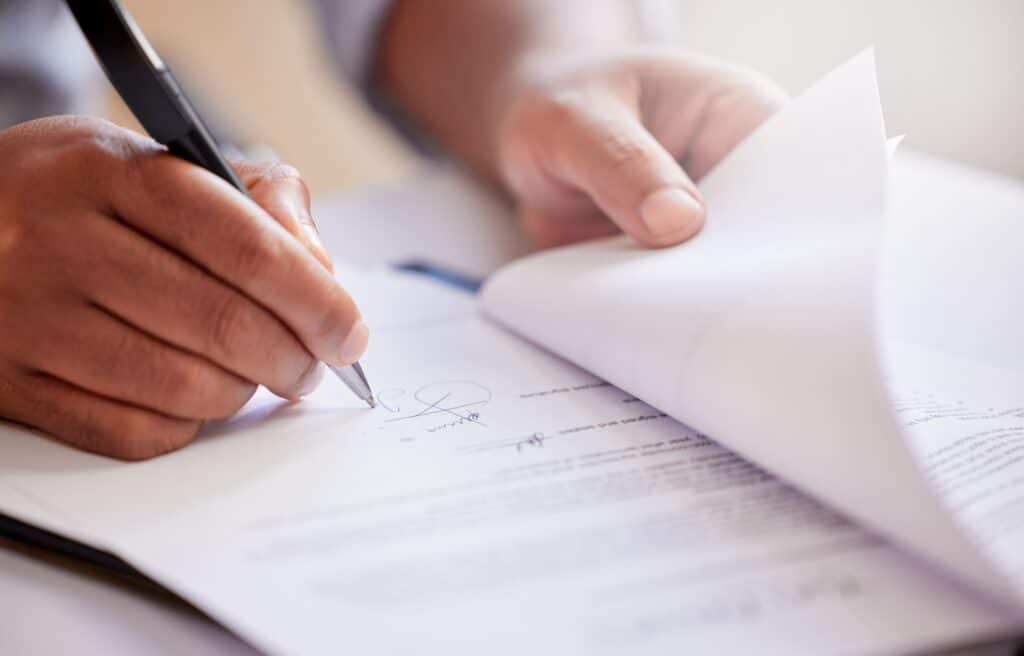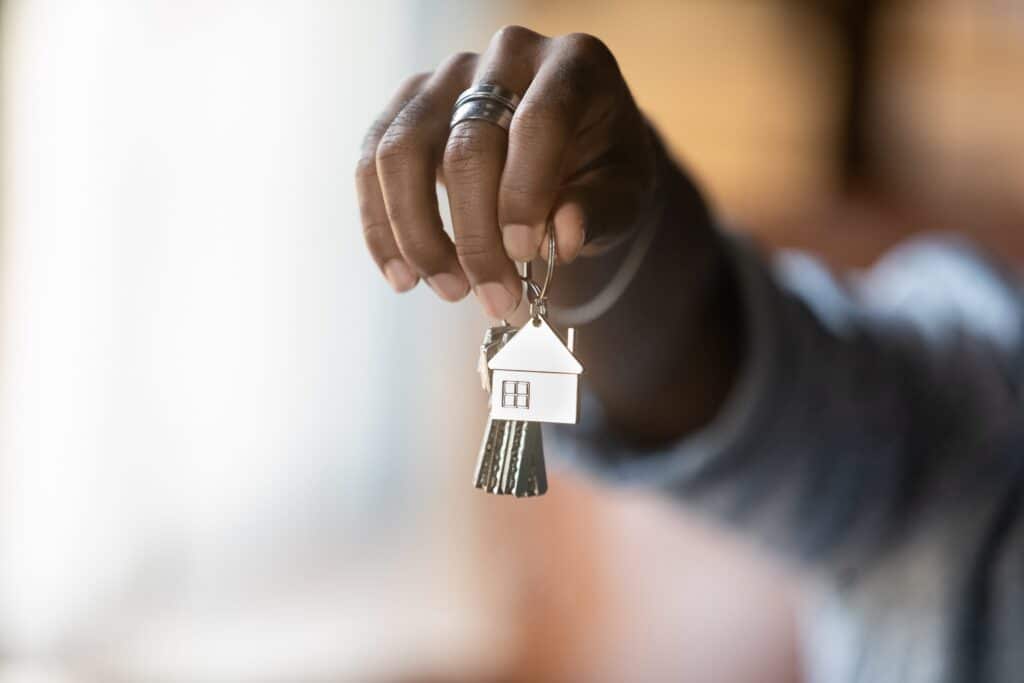What’s the full process of buying a house?
Are you keen to get on the property ladder and buy your first house? First of all, congratulations! It’s an exciting time in anybody’s life when they first enter the property market, but the home-buying process can be long and tricky.
Whether you’ve found your dream home or just started house hunting, we’re here to ease you through the entire process of buying a house.
At GD Property Solicitors, we’ve helped thousands of people all over the UK sell and buy homes, so we know a thing or two about the house-buying process.
Check out our step-by-step guide on the house-buying process.
House hunting and money
First, it’s important to ensure you know how much you can borrow for a mortgage so you can work out what type of property you can afford. Speak with a mortgage broker and determine what kind of monthly mortgage payments you could be looking at with your deposit.
Now it’s time to look for a property you like. To start, check with your local estate agent or online at Rightmove, Purple Bricks, and Zoopla.
Once you’ve found something you like and the property value matches your budget, it’s time for a viewing and to make an offer if it meets your needs.

The first steps
If you’ve had an offer accepted, you’ve submitted your mortgage application, and been granted a mortgage in principle, it’s time to hire a conveyancing solicitor.
Now, this is when things start to get going! The average time to complete the conveyancing process in the UK is between eight and 12 weeks, so it’s time to start getting your things in order.
A conveyancing solicitor will act on your behalf to ensure the legal transfer of the property goes smoothly. They’ll take care of many things behind the scenes, like property searches, surveys, and more.
The contract
One of the first things your conveyancing solicitor will do to arrange your house purchase is to check the initial draft of the contract and title deeds.
Your solicitor will:
- Check legal ownership
- Identify any potential issues
- Raise enquiries based on the initial contract and title deeds
Your mortgage offer
Data shows that 80% of homes purchased in March 2025 in the UK were done so with a mortgage.
If you’re using a mortgage, then your mortgage lender will conduct their own valuation of the property. Your solicitor will review the mortgage valuation and ensure it’s aligned with the purchase price.
If everything is correct, you have a mortgage agreement and your solicitor can move onto the next step.
Conducting searches
Searches and surveys are key to understanding the condition of the property you’re purchasing. These can determine whether or not it’s worth going through with the purchase, as a search or survey could uncover something worrying – and expensive.
Your conveyancing solicitor will arrange the following searches:
- Local authority search – This checks for planning permissions, road maintenance, and building regulations.
- Water and drainage search – Ensures the property is properly connected to the public water and drainage systems.
- Environmental search – This checks for the risk of contamination, flooding, or other environmental problems.
- Coal mining search – This may not apply to your area. Nevertheless, it’s performed to check for past or present coal mining activity.
They’ll also ask you what type of survey you’d like conducted: a Level 1, 2, or 3. The higher the number, the more in-depth the survey. This can help uncover structural problems within the property.

Raising enquiries
If anything is discovered from the property survey, such as subsidence or structural issues, your conveyancing solicitor will raise these enquiries with the seller’s solicitor.
The issues are raised to determine the extent of the problem. For example, if damp was found by a survey, how bad is it? Was the seller aware of it and will remedial work be carried out to amend it?
Your solicitor will also seek copies of any guarantees or warranties for previous repairs and inquire about the cost of any necessary repairs and who is responsible for them.
Enquiries outstanding
After your solicitor has raised issues with the selling party, it’s down to them to reply with a resolution or information about possible repairs.
Some sellers can be honest about the situation and offer repairs, while others can be a tad more difficult and refuse to make any repairs. In this instance, your solicitor can negotiate with the seller’s solicitor to meet a common ground.
This is a key point of the conveyancing process, as any enquiries raised can cause a delay.
Enquiries satisfied
If both parties have reached a point where all enquiries have been discussed and any issues raised have been clarified, you can move onto the next stage.
Hopefully, there were no big issues to rectify in your house purchase, but if there were, it proves why it’s necessary to have a qualified solicitor on your side. They know the law and what you should and shouldn’t put up with in negotiations with a property transaction.
Signing contracts
Once all searches, surveys, and enquiries have been completed, it’s time to move into the final stages of the house-buying process.
At this point, it’s time for both you and the seller to sign the contract to complete the transaction. By now, you’re aware of your monthly mortgage costs and ready to go ahead with the purchase, so sign on the dotted line!

Exchange contracts
Now it’s time to put pen to paper on the purchase of your new home!
This step is legally binding and means you’re now obligated to purchase the property and the seller has legally agreed to sell the property.
A completion date will then be agreed between the two parties and written into the contract.
Completion date
This is the day you officially become the new owner of the property and you can finally pick up the keys.
Your solicitor will send the remaining balance of the purchase price over to the seller’s solicitor. Once they’ve confirmed receipt of the funds, the estate agent is instructed to hand over the keys to you.
Post-completion
Even though you’ve moved in and you’re working through a massive pile of boxes to unpack, the entire process isn’t quite finished.
In the post-completion stage, your conveyancing solicitor will handle the payment for the stamp duty land tax (SDLT), and they’ll register the transfer of ownership of the property with the Land Registry.
Once everything is complete, the Land Registry will send the updated title deeds to your solicitor, who will forward them to you.
Hire a reliable conveyancing solicitor
Ready to jump into the UK property market and purchase your dream home? If so, you’ll need the help of a reliable team of highly qualified conveyancing solicitors.
Fortunately, you’re in the right place! At GD Property Solicitors, we’ve helped thousands of individuals purchase and sell property and land in all corners of the UK, so we know how to handle the full process of buying a house.
If you’re keen to get started, get in touch with our residential conveyancing solicitors today by calling 0161 710 1786.
